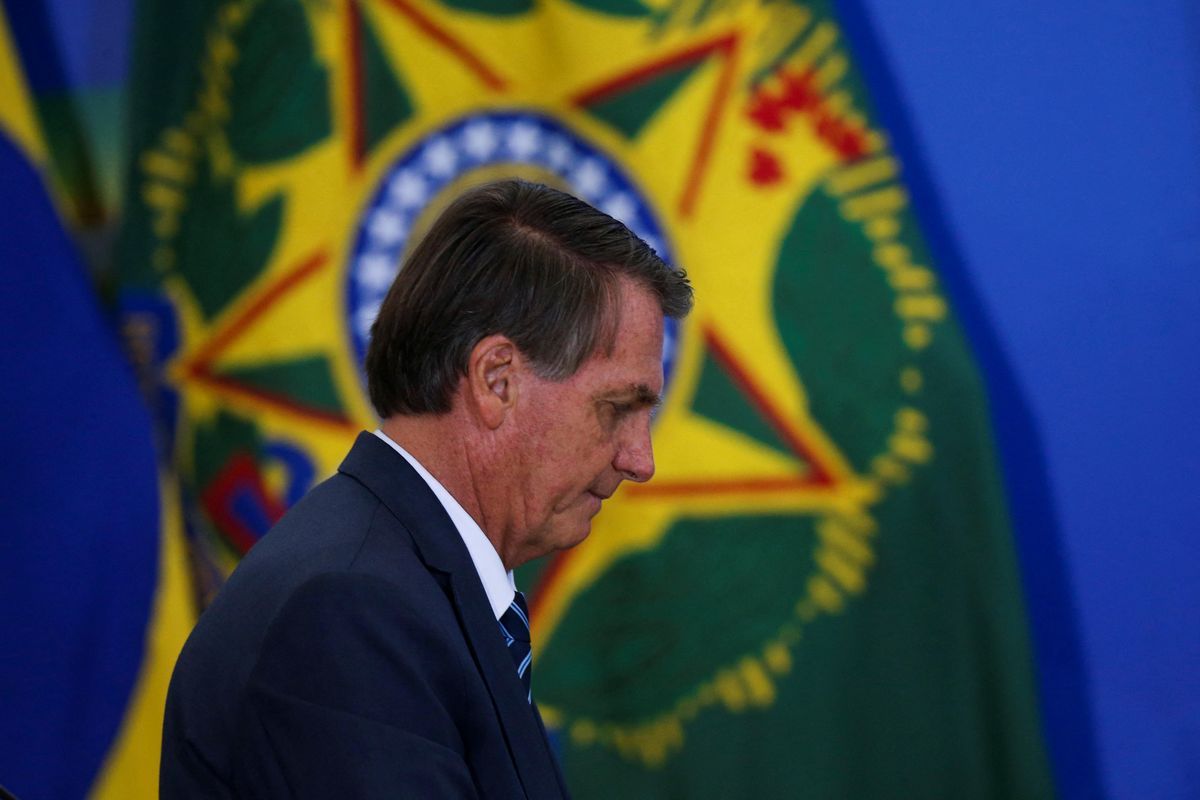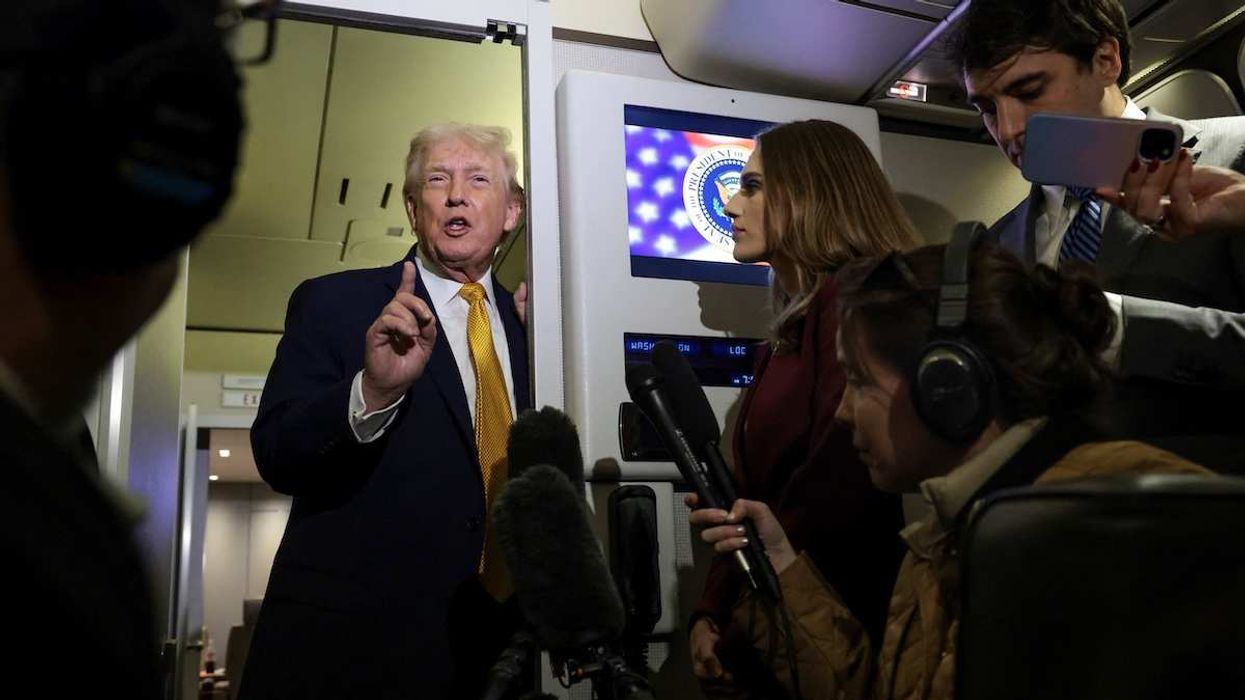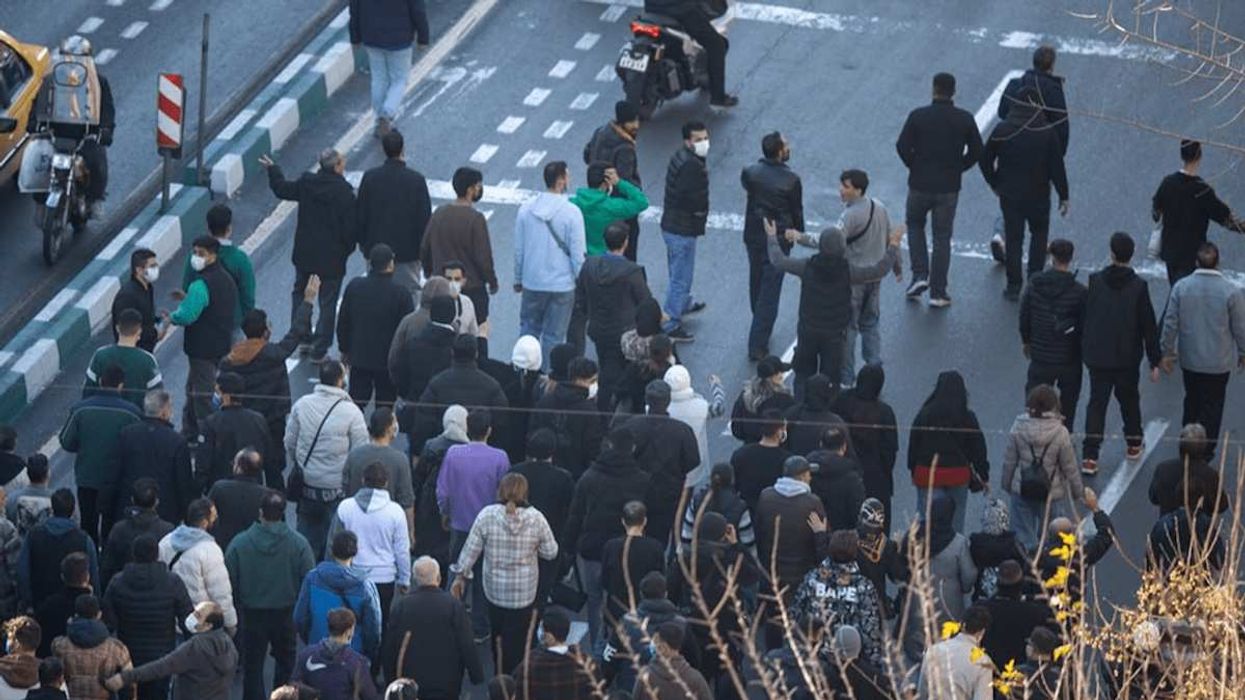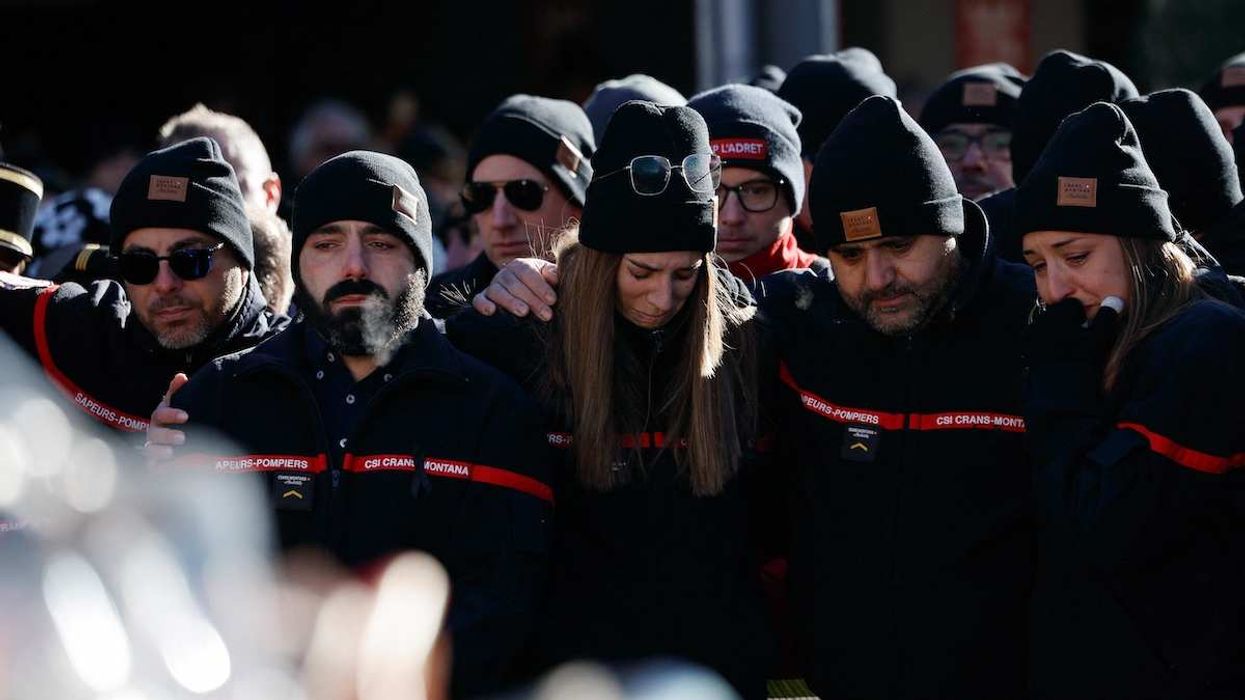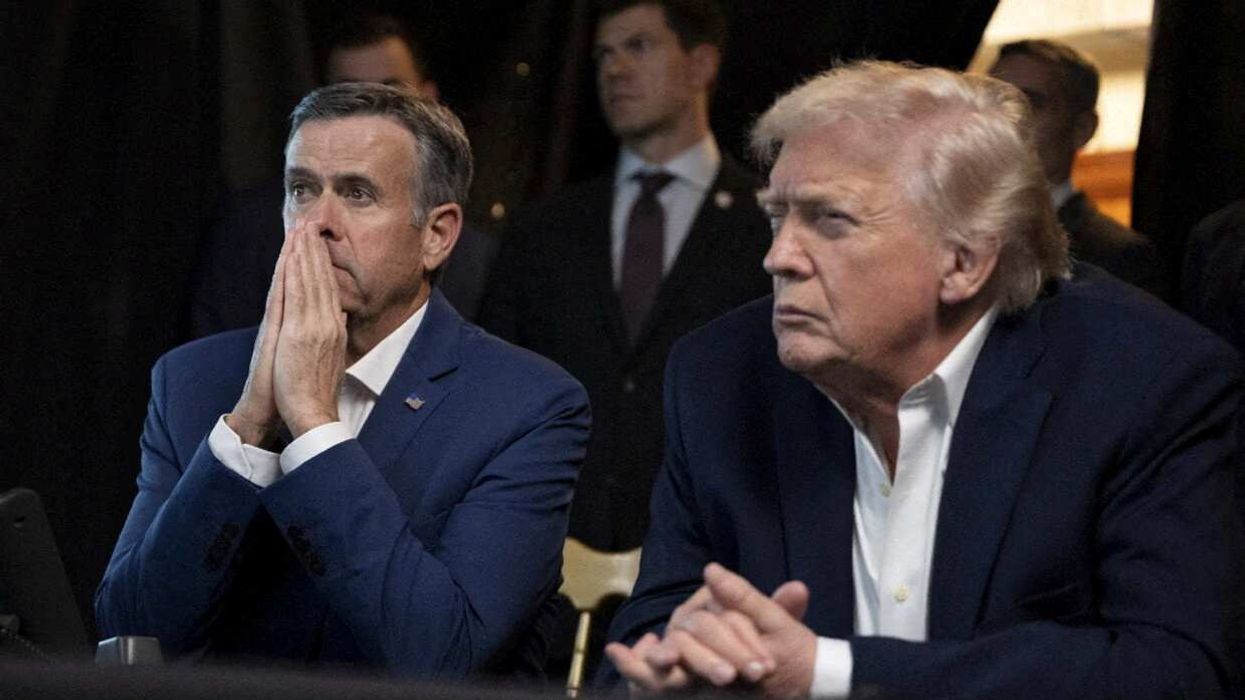Bolsonaro’s bold move. Brazilian President Jair Bolsonaro is heading to Moscow to meet with Vladimir Putin despite objections from the US and his own aides about the timing, given the Ukraine crisis. But “Tropical Trump” may think the time is just right to try and boost his domestic popularity with some time on the international stage. He’s currently trailing former President Luiz Inácio Lula da Silva in the run-up to Brazil’s October election. With over 600,000 COVID deaths since the panbdemic started and a battered economy, Bolsonaro also needs to bring home some bacon. Moscow recently issued a two-month ban on exports, and since Brazil is the biggest buyer of Russia’s nitrate fertilizer, Brazilian farmers are worried about their crops. Bolsonaro is expected to ask Putin to revoke the ban. If he secures the deal overseas, will it give him a boost back home?
Biden's order on Afghan funds. President Joe Biden issued an executive order on Friday to unfreeze $7 billion worth of Afghan central bank assets that are currently being held by the Federal Reserve Bank in New York. Under the Order, half of the money will to go to a trust that will distribute the funds for humanitarian relief in Afghanistan, while the other half is earmarked for relatives of 9/11 victims, a complicated process that still needs to make its way through the US courts. Critics say this unusual move will only further hurt ordinary Afghans just as the UN warns that half the population could face severe food insecurity. The move would essentially bankrupt Afghanistan's Central Bank. Unsurprisingly, the Taliban, which is running out of cash, is angry: "This is the money of the people of Afghanistan,” Suhail Shaheen, the Taliban spokesperson, told GZERO. “And so it needs to be unfrozen and released accordingly."
Judging Tunis. President Kais Saeid has further tightened his grip on Tunisia’s judicial system with a decree that allows him to pick, promote and fire judges. Saeid has been ruling Tunisia — the only country to emerge from the Arab Spring as a democracy — by decree since he declared a state of emergency and suspended parliament last summer. The military has since started prosecuting civilians, and secret detention facilities have flourished under the pretext of the emergency. Even the anti-corruption authority has been shuttered. Critics say Saeid is undermining the rule of law by taking control of the executive and legislative branches of power. They are concerned about an upcoming referendum this July on a new constitution currently being drafted by a presidential committee. Protests have since broken out with some chanting "take your hands off the judiciary."